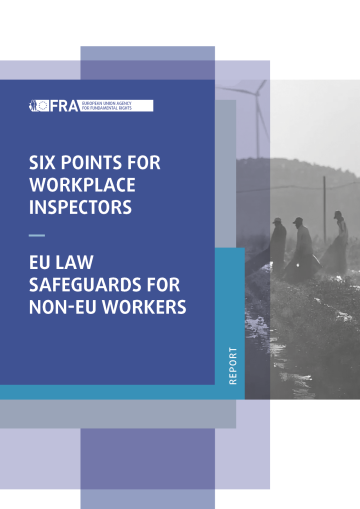ECK 7. protokola 4. pants ir šāds:
`1. Nevienu nedrīkst atkārtoti tiesāt vai sodīt krimināllietā tajā pašā valstī par nodarījumu, par kuru viņš saskaņā ar šīs valsts tiesību aktiem un soda izciešanas noteikumiem jau ticis attaisnots vai notiesāts ar galīgu spriedumu.
2. Iepriekšējā punkta noteikumi neliedz lietu izskatīt atkārtoti saskaņā ar attiecīgās valsts tiesību aktiem un soda izciešanas noteikumiem, ja ir jauni pierādījumi vai atklājušies jauni apstākļi, vai ja iepriekšējā procesā ir pieļautas būtiskas kļūdas, kas varēja ietekmēt lietas iznākumu.
3. Atkāpes no šā panta nav atļautas saskaņā ar Konvencijas 15. pantu.`.
`Non bis in idem` princips attiecas uz Savienības tiesību aktiem (sk. vienu no daudziem precedentiem – 1996. gada 5. maija spriedumu apvienotajās lietās 18/65 un 35/65 Gutmann/Komisija, Recueil, 1966., 150. lpp., un nesenu lietu, Pirmās instances tiesas 1999. gada 20. aprīļa spriedumu apvienotajās lietās T-305/94 u.c., Limburgse Vinyl Maatschappij NV/Komisija, Recueil, 1999., II–931. lpp.). Noteikums, kas aizliedz saskaitīšanu, attiecas uz divu vienādu veidu sodu saskaitīšanu, tas ir, uz krimināltiesībās paredzētajiem sodiem.
Saskaņā ar 50. pantu `non bis in idem` princips attiecas ne tikai uz vienas valsts tiesām, bet arī uz sodiem, ko piespriež vairāku dalībvalstu tiesas. Tas atbilst Savienības acquis; sk. Šengenas konvencijas 54. līdz 58. pantu un Tiesas 2003. gada 11. februāra spriedumu lietā C-187/01 Gözütok, Recueil, 2003., I–1345. lpp., 7. pantu Konvencijā par Eiropas Kopienu finansiālo interešu aizsardzību un 10. pantu Konvencijā par korupcijas apkarošanu. Atsevišķie izņēmumi, kas paredzēti minētajās konvencijās un ļauj dalībvalstīm atkāpties no `non bis in idem` principa, ir ietverti Hartas 52. panta 1. punkta horizontālajā klauzulā par ierobežojumiem. Attiecībā uz situācijām, kas minētas 7. protokola 4. pantā, proti, principa piemērošanu vienā dalībvalstī, garantēto tiesību nozīme un darbības joma ir tāda pati kā attiecīgajām tiesībām ECK.







